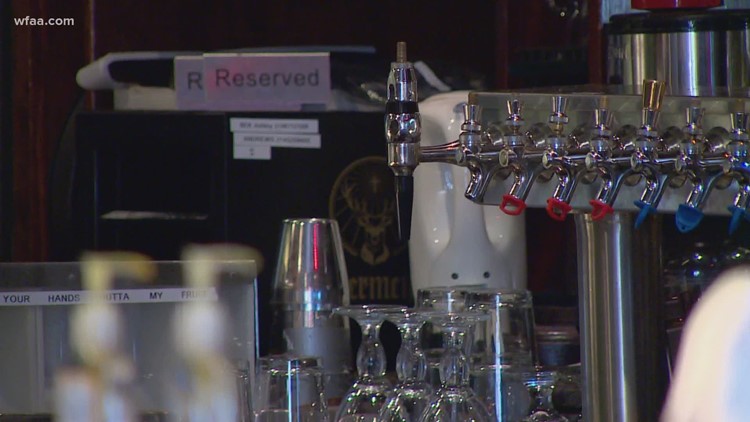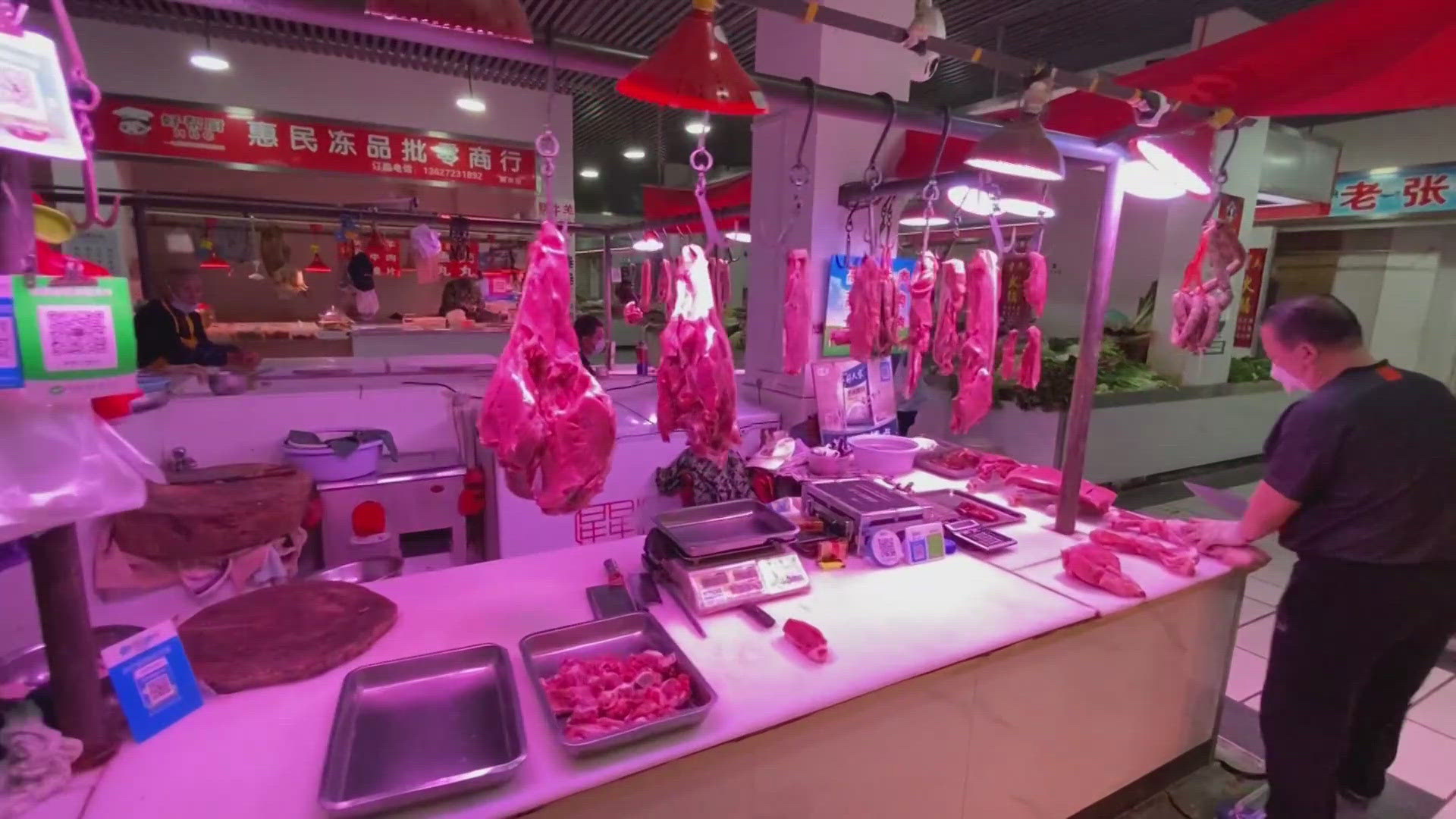Instead of benefiting from the long July 4th weekend, bars across Texas were once again quiet following an order by Texas Gov. Greg Abbott. All bars – or establishments that receive 51% or more of gross receipts from alcohol sales – have been shuttered since June 26 while restaurants have had to reduce dine-in capacity to 50% due to a spike in new cases of COVID-19 across Texas.
This latest round of forced closures could be the end to some businesses, local owners say.
"I just feel like this could be the death for some of these bars," said David Nguyen, owner of Sidebar, located in uptown Dallas.
Until bars are allowed to reopen and restaurants are allowed to increase capacity, many owners might be wondering what they can do to stay afloat while keeping customers and staff safe. For some legal advice on these and other topics pertinent to bar and restaurant owners, the Business Journal spoke with John Henry and Kristin Regel, partners and co-founders of Dallas-based law firm Henry & Regel PLLC.
Now that bars are closed again and restaurant capacity has been limited, what are some things that these owners can do to cut losses and mitigate risk?
John Henry: The most important thing an owner can do right now is to keep all options open. We are seeing operators make the mistake of spending all available cash in an attempt to survive one or two months when this is really a war of attrition. Others are borrowing money from banks and other fintech lenders and then immediately spending that cash. The only thing that matters to long-term viability is maintaining enough liquidity to survive into 2021. As in life, quite a few people make the mistake of simply not having a long-term plan.
Can restaurants be liable if someone tests positive for COVID-19 after going to eat there?
Regel: This is a hot topic on both sides. The legislature is considering waivers. There is pressure against any liability protection. We have been thinking about what that lawsuit would look like. First, a plaintiff would have to prove that he or she contracted the disease at a specific restaurant. That would be a difficult burden to bear. Then you would need evidence that the restaurant was somehow negligent. This would require evidence that there was a duty to take some specific precaution which was not taken, and that this was the proximate cause of a person’s injuries. Absent some showing of gross misconduct, it would be a tough case to make. The best defense will be a demonstration of strict compliance with all regulations.
Do you think we’ll see a lot of Chapter 11 filings as a result of all this?
Henry: Yes. Businesses are more leveraged than ever before, and small businesses just don’t have the cash reserves necessary to survive a cash flow crisis like this. Restaurants and bars are even more undercapitalized than a typical small business. Money from the PPP loans is going to run out in July and August, and owners that have tapped their savings and home equity are going to run out of money soon thereafter. Lenders have not wanted to face the bad loans on their books, but sooner or later they are not going to be able to avoid the reality of this situation. A huge wave of Chapter 11 filings is inevitable.
Is there anything else restaurant or bar owners should know moving forward?
Henry: I can’t emphasize enough how important it is to get advice as early as possible. There are a wide range of options available when you confront this situation head-on and with your eyes wide open. The businesses that are going to survive and benefit from the shakeout will be those that rationally assess the situation and leverage their brand and other assets strategically.
More from WFAA:
- Bars, rafting and tubing businesses must close under Gov. Abbott's latest order
- Fort Worth bar faces 30-day shutdown after July 4th protest party
- Weddings can take place at 50% capacity in Texas despite Gov. Abbott's limit on group gatherings
- Texas among the top states with the largest population of remote jobs
- 'Truly staggering': Dallas arts and culture community loses more than $33M in first 2 ½ months of coronavirus closures



